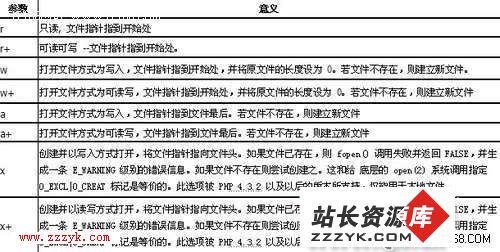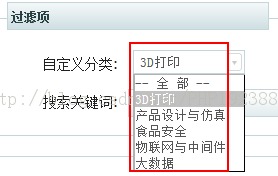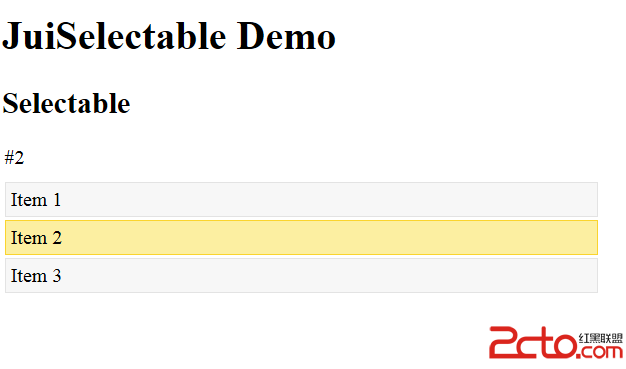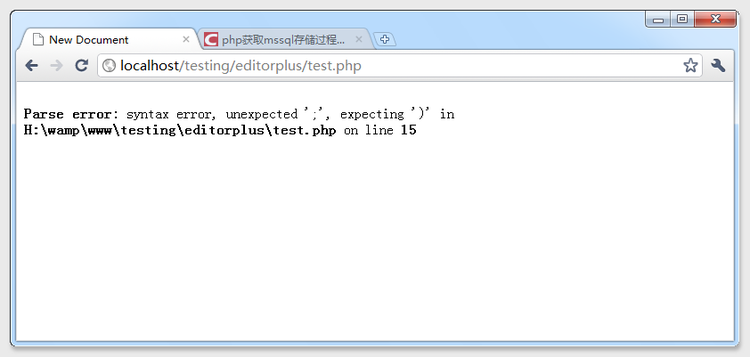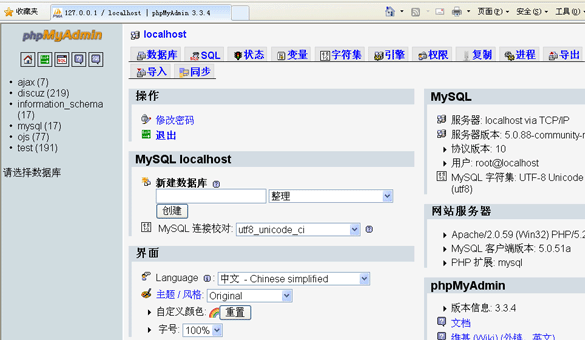当前位置:编程学习 > php >>
答案:<?php
// $Horde: horde/lib/MIME.php,v 1.63 2001/08/08 21:00:27 chuck Exp $
$mime_types =
array(
TYPETEXT => 'text', 'text' => TYPETEXT,
TYPEMULTIPART => 'multipart', 'multipart' => TYPEMULTIPART,
TYPEMESSAGE => 'message', 'message' => TYPEMESSAGE,
TYPEAPPLICATION => 'application', 'application' => TYPEAPPLICATION,
TYPEAUDIO => 'audio', 'audio' => TYPEAUDIO,
TYPEIMAGE => 'image', 'image' => TYPEIMAGE,
TYPEVIDEO => 'video', 'video' => TYPEVIDEO,
TYPEOTHER => 'unknown', 'unknown' => TYPEOTHER
);
$mime_encodings =
array(
ENC7BIT => '7bit', '7bit' => ENC7BIT,
ENC8BIT => '8bit', '8bit' => ENC8BIT,
ENCBINARY => 'binary', 'binary' => ENCBINARY,
ENCBASE64 => 'base64', 'base64' => ENCBASE64,
ENCQUOTEDPRINTABLE => 'quoted-printable', 'quoted-printable' => ENCQUOTEDPRINTABLE,
ENCOTHER => 'unknown', 'unknown' => ENCOTHER
);
/**
* The MIME:: class provides methods for dealing with MIME standards.
*
* @author Chuck Hagenbuch <chuck@horde.org>
* @version $Revision: 1.64 $
* @since Horde 1.3
* @package horde.mime
*/
class MIME {
/**
* Determine if a string contains 8-bit characters.
* @access private
*
* @param string $string The string to check.
* @return boolean true if it does, false if it doesn't.
*/
function is8bit($string)
{
if (is_string($string)) {
for ($i = 0; $i < strlen($string); $i++) {
if (ord($string[$i]) >> 7)
return true;
}
return false;
}
return false;
}
/**
* Encode a string containing non-ascii characters according to RFC 2047.
*
* @param string $text The text to encode.
* @param string $charset (optional) The character set of the text.
* @param boolean $outer Is this the final iteration?
*
* @return string The text, encoded only if it contains non-ascii characters.
*/
function encode($text, $charset = null, $outer = true)
{
if (MIME::is8bit($text)) {
if (((strlen($text) * 3) + strlen($charset) + 7) > 76) {
$text = MIME::encode(substr($text, 0, (23 - strlen($charset))), $charset) . MIME::encode(substr($text, (23 - strlen($charset))), $charset, false);
} else {
$text = "=?$charset?B?" . strtr(trim(base64_encode($text)), ' ', '_') . "?=\n\t";
}
}
// if this is the final iteration, take off any trailing
// newline/tab chars.
if ($outer && (substr($text, -2) == "\n\t"))
$text = substr($text, 0, -2);
return $text;
}
/**
* Encode a string containing email addresses according to RFC 2047.
*
* This differs from MIME::encode() because it keeps email
* addresses legal, only encoding the personal information.
*
* @param string $text The email addresses to encode.
* @param string $charset (optional) The character set of the text.
* @param string $defserver (optional) The default domain to append to mailboxes.
*
* @return string The text, encoded only if it contains non-ascii characters.
*/
function encodeAddress($text, $charset = null, $defserver = null)
{
include_once 'Mail/RFC822.php';
$addr_arr = Mail_RFC822::parseAddressList($text, $defserver, false, false);
$text = '';
if (is_array($addr_arr)) {
foreach ($addr_arr as $addr) {
if (empty($addr->personal)) {
$personal = '';
} else {
if ((substr($addr->personal, 0, 1) == '"') &&
(substr($addr->personal, -1) == '"')) {
$addr->personal = substr($addr->personal, 1, -1);
&nb
- 更多php疑问解答:
- php使用imagick将image图片转化为字符串模式
- php通过gd实现图片图片转换为字符图代码
- PHP把图片转base64代码,php把base64代码转换为图片并保存
- PHP把图片base64转换成图片并保存成文件
- wordpress问题<?php if(have_posts()) : ?>
- 建设一个搜索类网站php还是jsp,数据库那个好
- 没理由啊 php代码无法执行,貌似有语法错误。。。
- 关于PHP 和API 的一段代码不懂啊不懂,请高手指点! 这是淘宝API的
- php语言中,序列化到底在那里使用?它的优势是什么?劣势是什么?
- PHP函数等于或等于应该怎么表达
- 请教php高手,解决basename函数和mb_substr函数处理中文文件名称的解决方法,在上传文件时,总是出现乱码
- .NET,PHP,JAVA,JS优秀点分别是?
- 织梦cms 在环境监测的时候 wamp5 gd不支持 是为什么。;extension=php_gd2.dll这一句我删除了还是不显示?
- 我想学PHP。1.应安装什么编程工具? 2. 装LIUNX系统是装简易的还是?什么版本的?3.还应安装什么?
- <?php 和 <? 有什么区别
